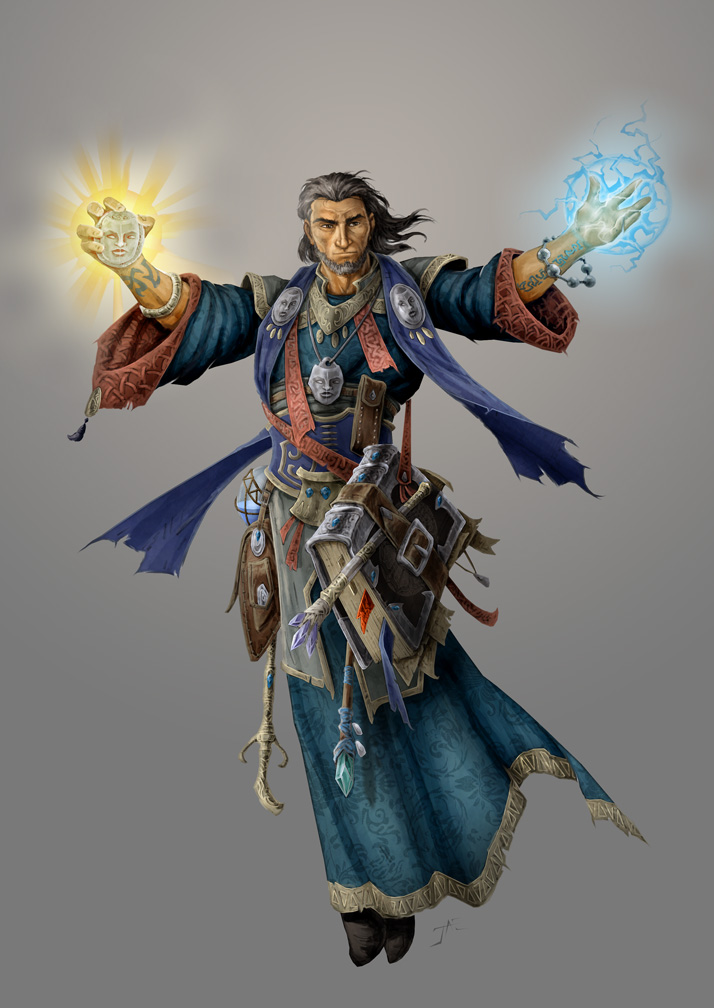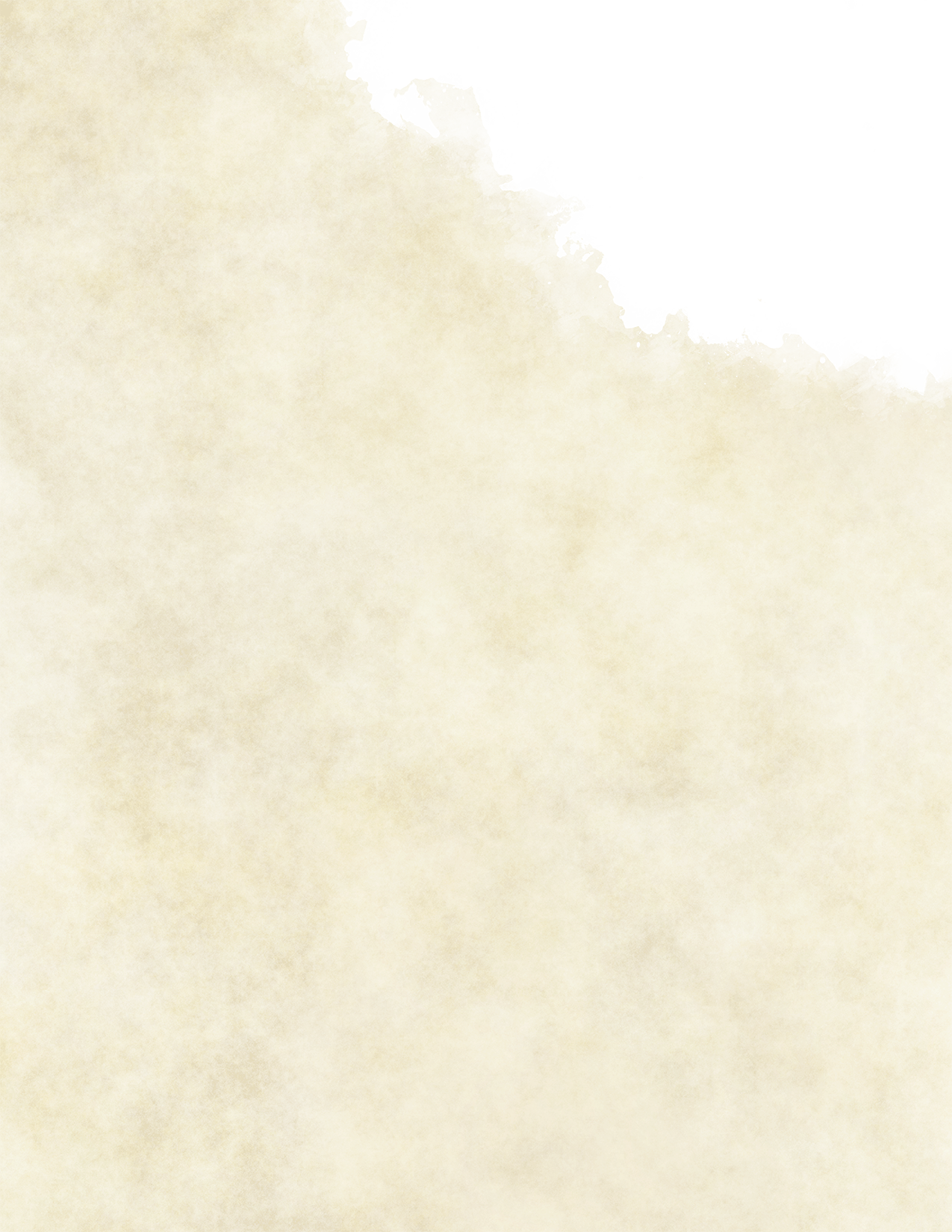



Theurgy
Arcane Tradition
A number of deities claim arcane magic as their domain, for magic is as much a part of the fabric of the cosmos as wind, fire, lightning, and all other primal forces. Just as there are deities of the sea and gods of warfare, the arcane arts feature their own divine patrons.
Such deities often have clerics, but many gods of magic bid their followers to take up the study of wizardry. These religious magic-users follow the arcane tradition of Theurgy, and are commonly known as theurges. Such spellcasters are as dedicated and scholarly as any other wizard, but they blend their arcane study with religious devotion.
Divine Initiate
When you choose this arcane tradition at 2nd level, you gain proficiency in the Religion skill, and your proficiency bonus is doubled for any ability check you make that uses it.
Divine Arcana
Beginning when you select this tradition at 2nd level, your study of the religion and the gods has granted you access to some of their divine magic. You gain two cantrips of your choice from the cleric spell list. For you, these cantrips count as wizard cantrips.
Additionally, whenever you gain a wizard level, you can replace one of the wizard spells you add to your spellbook with any spell with the ritual tag from the cleric spell list. The spell must be of a level for which you have spell slots.
Any cleric spell you gain from this feature is considered a wizard spell for you, but other wizards can’t copy cleric spells from your spellbook into their own spellbooks.
Heal and Hurt
At 2nd level, you gain the ability to touch the life essence of a creature to heal their wounds or cause them harm. You have a pool of d6s that you spend to fuel this power. The number of dice in the pool equals 1 + your wizard level.
As a bonus action, you can perform one of the following options:
Heal
You heal one creature you can see within 60 feet of you, spending dice from the pool. The maximum number of dice you can spend at once equals your Intelligence modifier (minimum of one die). Roll the dice you spend, add them together, and restore a number of hit points equal to the total.
Hurt
Make a ranged spell attack against a creature you can see within 60 feet of you. On a hit, you spend dice from the pool. The maximum number of dice you can spend at once equals your Intelligence modifier (minimum of one die). Roll the dice you spend, add them together, and the creature takes necrotic damage equal to the total.
Your pool regains all expended dice when you finish a long rest.
Divine Savant
Starting at 6th level, whenever you heal or deal certain kinds of damage, you gain bonus to one of the rolls. That roll must restore hit points or be a damage roll that deals radiant or necrotic damage, and the bonus equals your Intelligence modifier (minimum of +1).
Cure and Corrupt
At 10th level, you've improved your grasp of the life essence of creatures. As an action, you can cast lesser restoration without expending a spell slot, or you can touch a creature and force it to make a Constitution saving throw against your spell save DC.
On a failure, you choose one of the following conditions to impose upon the creature for one minute: blinded, deafened, incapacitated, or poisoned. At the end of each of its turns, the target can make a Constitution saving throw. On a success, the condition ends.
You can use this feature a number of times equal to your Intelligence modifier (a minimum of once). You regain expended uses when you finish a long rest.
Life and Death
By 14th level, your knowledge of the divine has given you a deep insight into the life force of creatures. You you add the harm and heal spells to your spellbook. They are wizard spells for you.
Additionally, you can cast one of these spells at their lowest level without expending a spell slot, without material components, and without having the spell prepared. Once you use this feature, you can’t use it again until you finish a long rest.
- Art: Mystic Theurge by Jason Engle